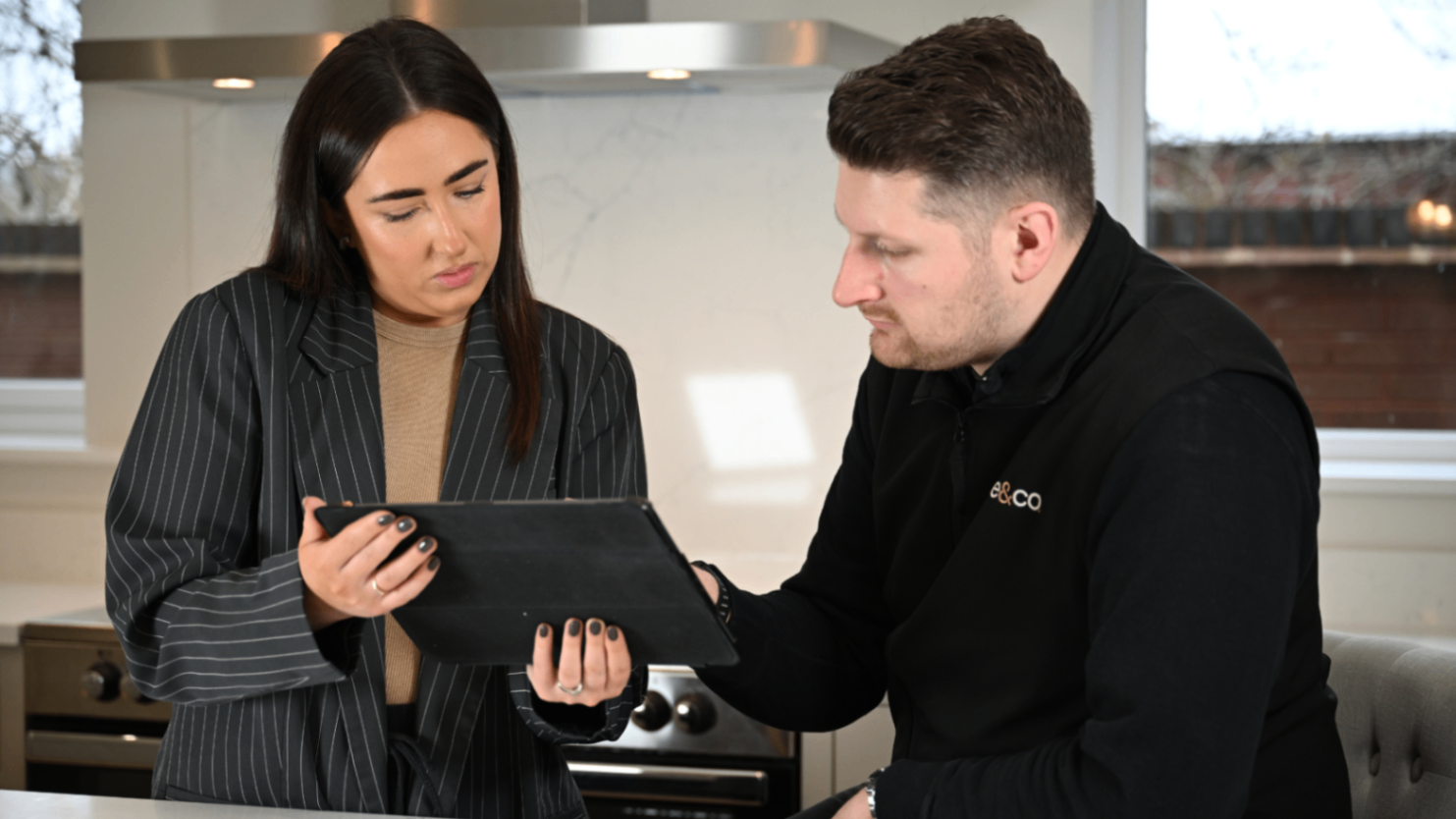
FOR SELLERS
WHAT IS YOUR PROPERTY WORTH?
Thinking of selling but not sure where to start? A smart, no-obligation valuation is the perfect first step. At Cope & Co., it’s not just about giving you a price tag - we offer tailored advice, market insight, and a clear plan to help you move forward with confidence.
What if you’re not quite ready to sell? That’s fine too. We’re still here to listen, guide, and help you make sense of your options to prepare you for whenever the time is right for you.
OUR MARKETING PLAN WITH COPE&CO.
We don’t believe in passive property listings. At Cope & Co., our marketing plan is proactive, strategic, and tailored to your home. From professional photography and video tours, drone footage to immersive virtual tours and targeted social media campaigns and engaging property descriptions, we make sure your property stands out - for all the right reasons.
But we don’t stop there. With tools like The ‘Earlybird Edge’, email alerts to qualified buyers, and standout listings on major portals, we generate momentum from day one. Every step is designed to attract attention, create demand, and drive results because a successful sale starts with great marketing.

THE EARLYBIRD EDGE
In today’s market, the first impression matters more than ever - and The Earlybird Edge ensures yours counts.
The ‘Earlybird Edge’ is a strategy created by Cope & Co. to lauch you r property listing with real impact. Before your property appears on Rightmove , Zoopla or On The Market, we quietly release it to a handpicked list of serious, motivated ready-to-move buyers who have registered to receive our ‘Heads Up’ Property Alerts on new listings that meet their specific criteria. This creates a wave of early interest, builds anticipation, and often sparks competition - before the wider public even knows it’s available.
By generating demand in advance, we position your home as something special - not just another new listing. It’s a strategy that drives better viewings, stronger offers and more control over the final outcome. With The ‘Earlybird Edge’ your property doesn’t just launch, it takes off!
OUR EXCEPTIONAL MARKETING
COPE&CO.
VALUATIONS.
Setting the right market price is key - whether you're aiming to sell quickly or boost your rental return. At Cope & Co., our experts read the local market like seasoned pros, tracking price shifts, monitoring buyer demand and following rental trends. Choose how you’d like to get started; Need a fast answer? Get an instant, computer-generated valuation.
Want more detail? Upload photos and request a virtual valuation. Prefer the personal touch? Book a face-to-face appointment with one of our team.
ON THE MARKET WITH ANOTHER AGENT?
If you're currently on the market with another agent and not seeing the results you expected, we understand how frustrating that can be. If interest is slow or offers aren’t coming in, it might be time for a fresh perspective.
At Cope & Co, we won’t pressure you - we’ll simply listen. We take the time to understand what’s not working and offer honest advice on how things could be improved, from marketing and presentation to pricing strategy.
Our approach is always respectful and professional, with your goals at the centre of everything we do. If you’re open to a fresh perspective and a more proactive strategy, we’re here to help you move forward with confidence.
Ready for a second opinion that puts you first? Let’s have a chat.


















